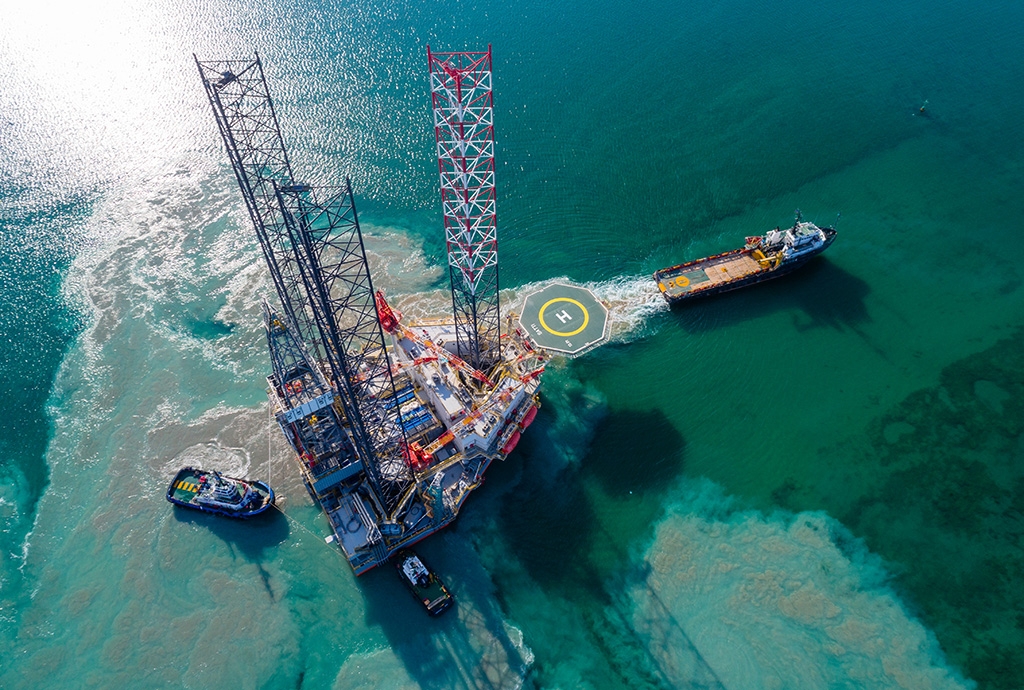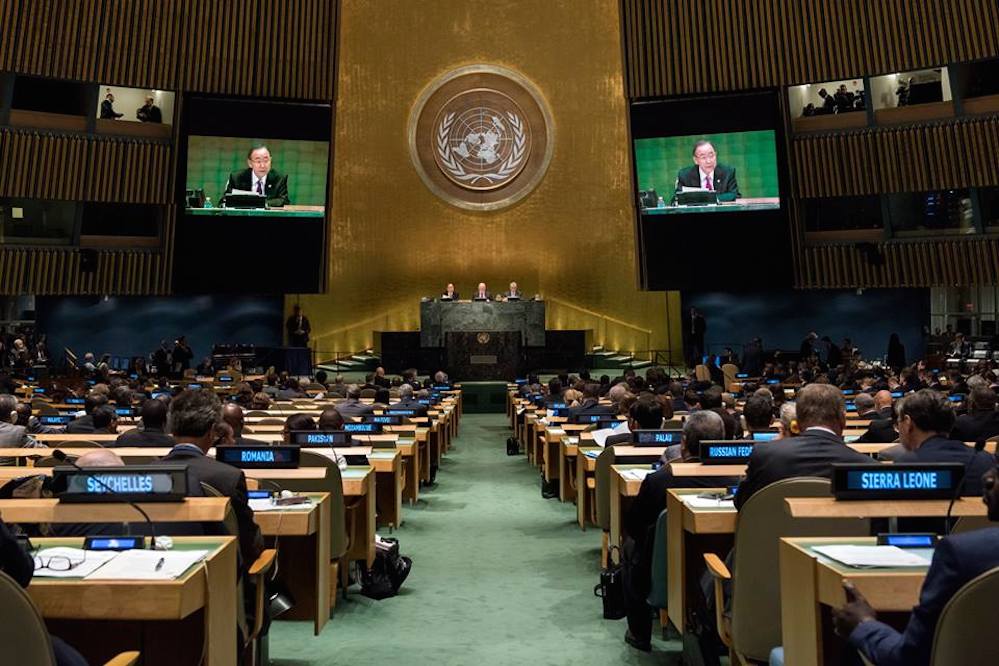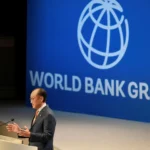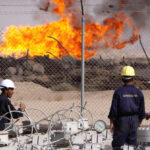The Mistakes That World Bank Did in Africa
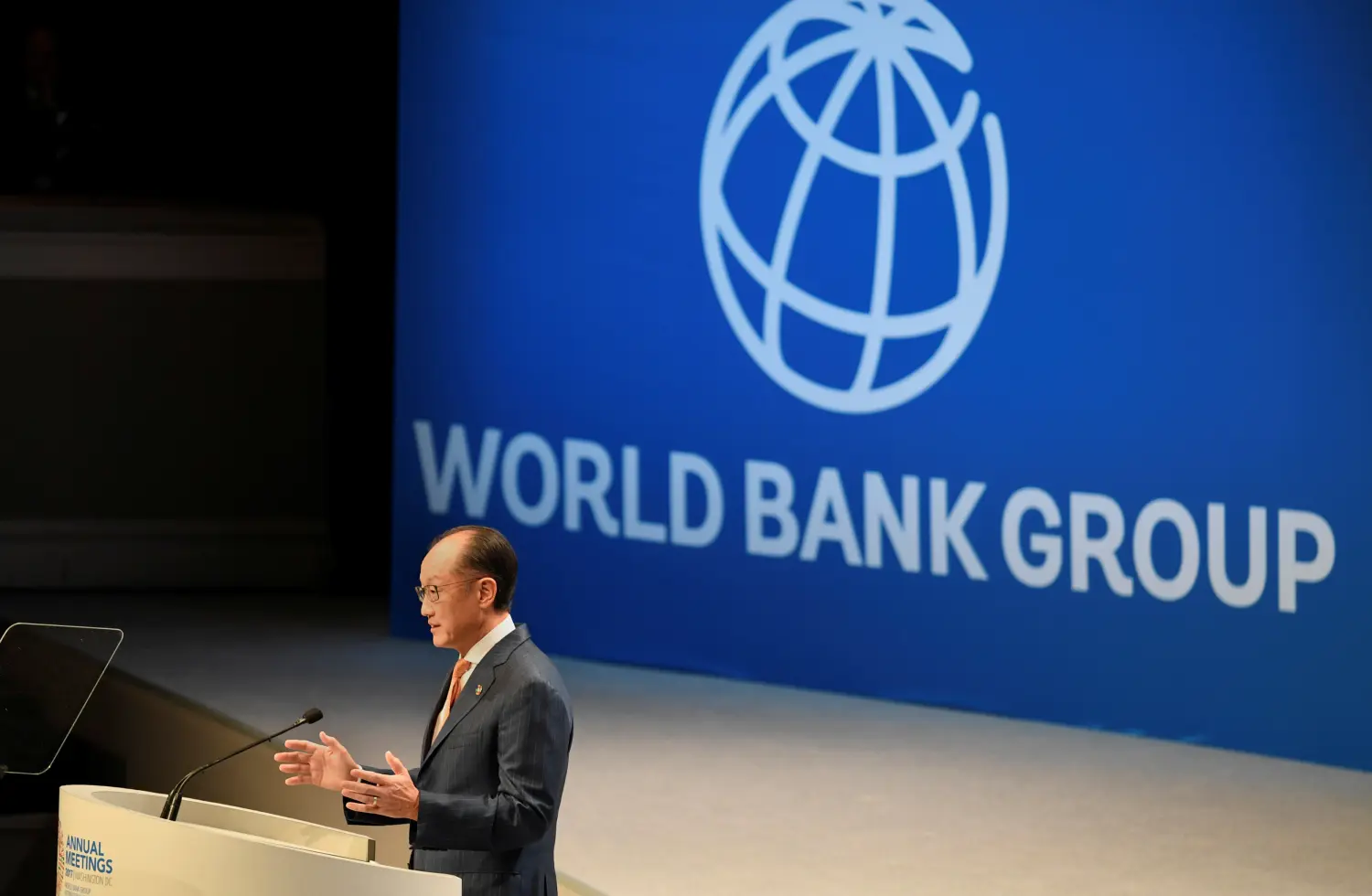
The World Bank, despite its intentions to promote economic development and reduce poverty, has made several significant mistakes in Africa that have had profound and often negative impacts on the continent. These errors range from structural adjustment policies to more recent issues with accountability and project implementation.
Structural Adjustment Programs (SAPs)
One of the most criticized aspects of the World Bank’s involvement in Africa is its imposition of Structural Adjustment Programs (SAPs) during the 1980s and 1990s. These programs were designed to stabilize economies by implementing austerity measures, privatizing state-owned enterprises, and liberalizing trade. However, the results were often devastating for many African countries. SAPs led to reduced social spending, increased unemployment, and a decline in living standards for many Africans. The United Nations Children’s Fund (UNICEF) reported that these programs contributed to “reduced health, nutritional, and educational levels for tens of millions of children in Asia, Latin America, and Africa”.
Lack of Accountability and Compensation
The World Bank has faced criticism for its lack of accountability and inadequate compensation for communities affected by its projects. While the bank has mechanisms in place to address complaints and noncompliance, the impact of these mechanisms has been limited. For instance, out of 330 complaints received by independent accountability mechanisms, only a small number have resulted in significant relief or compensation for affected communities. Moreover, there is only one documented case in Africa where a panel investigation led to monetary compensation for victims.
Inadequate Support for Infrastructure and Development
Despite investing heavily in infrastructure, the World Bank’s approach has often been criticized for not aligning with the specific needs of African countries. The bank’s focus on large-scale projects and its stringent conditions for loans have sometimes hindered rather than helped economic development. For example, the World Bank’s support for Pakistan, a country with a history of economic instability and governance failures, raises concerns about whether similar issues will arise in Africa.
Economic Dominance and Influence
The World Bank’s policies and decisions are often influenced by a small number of economically powerful countries, which dominate the institution’s leadership and senior management. This imbalance of power has led to criticisms that the World Bank acts in the interests of these countries rather than the nations it aims to help. Titus Alexander argues that this dynamic is similar to a form of global apartheid, where the interests of wealthy nations take precedence over the needs of developing countries.
High Interest Rates and Debt Burdens
The World Bank has been criticized for charging African countries disproportionately high-interest rates on loans. For example, Eastern and Southern African nations are charged rates as high as 6.59%, compared to much lower rates for countries like Jordan and Brazil. These high-interest rates contribute to the debt burdens of African countries, making it difficult for them to achieve economic stability and growth.
Failure to Address Climate Change and Environmental Issues
The World Bank has also been slow to address the pressing issues of climate change and environmental degradation in Africa. While it has committed to playing a more prominent role in the global climate response, its actions have often fallen short of what is needed. The bank’s focus on economic growth and development has sometimes come at the expense of environmental sustainability, exacerbating the challenges faced by African countries due to climate change.
Conclusion
The World Bank’s mistakes in Africa highlight the need for a more nuanced and responsive approach to development aid. While the bank has made efforts to reform and improve its practices, the lasting impacts of its past policies and the ongoing challenges it faces in addressing the unique needs of African countries underscore the complexity of its mission. As Africa continues to grapple with economic, social, and environmental challenges, the World Bank must adapt and evolve to provide more effective and equitable support.



